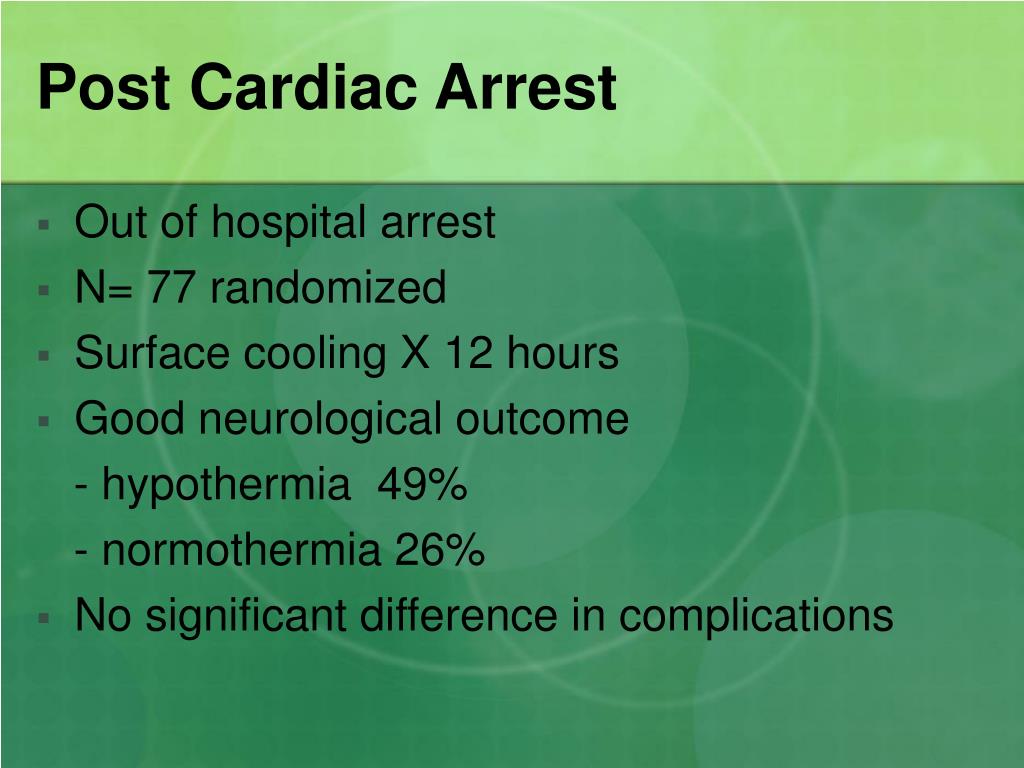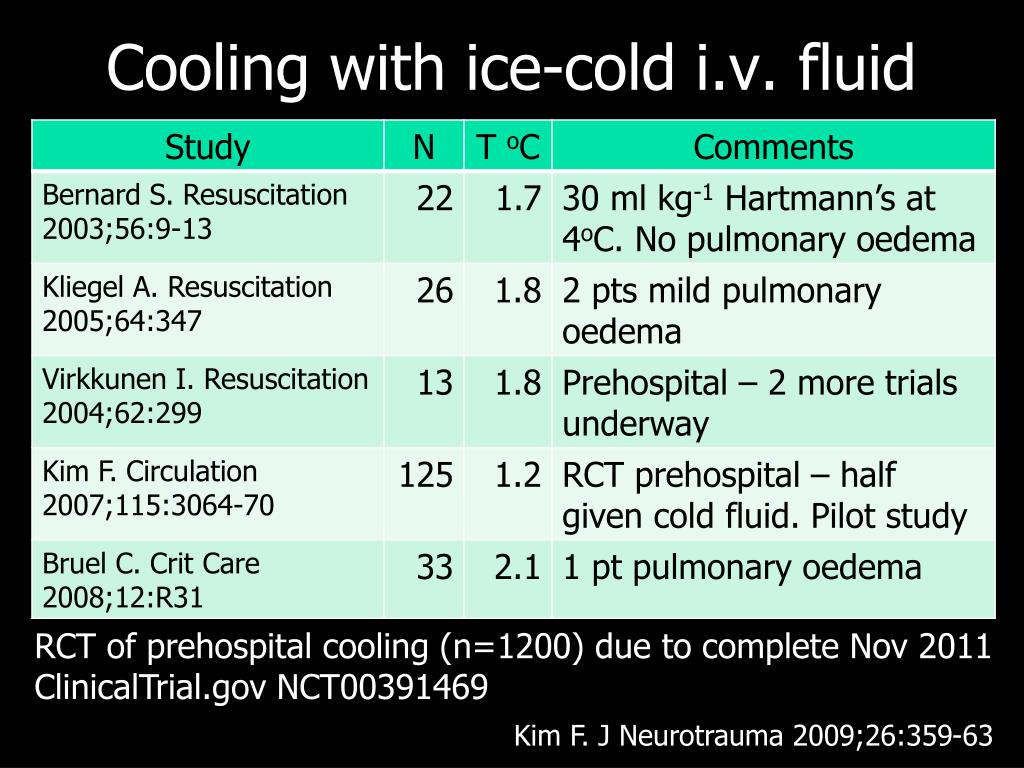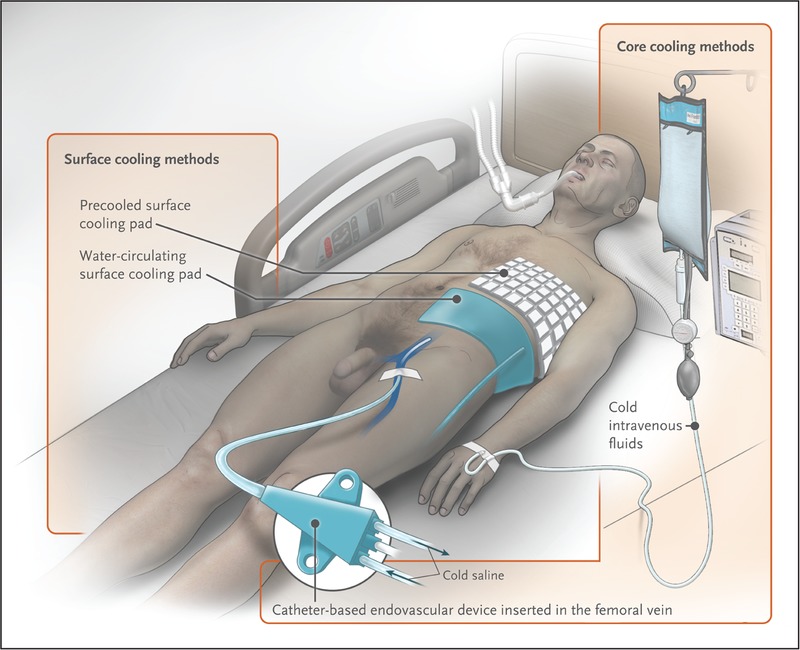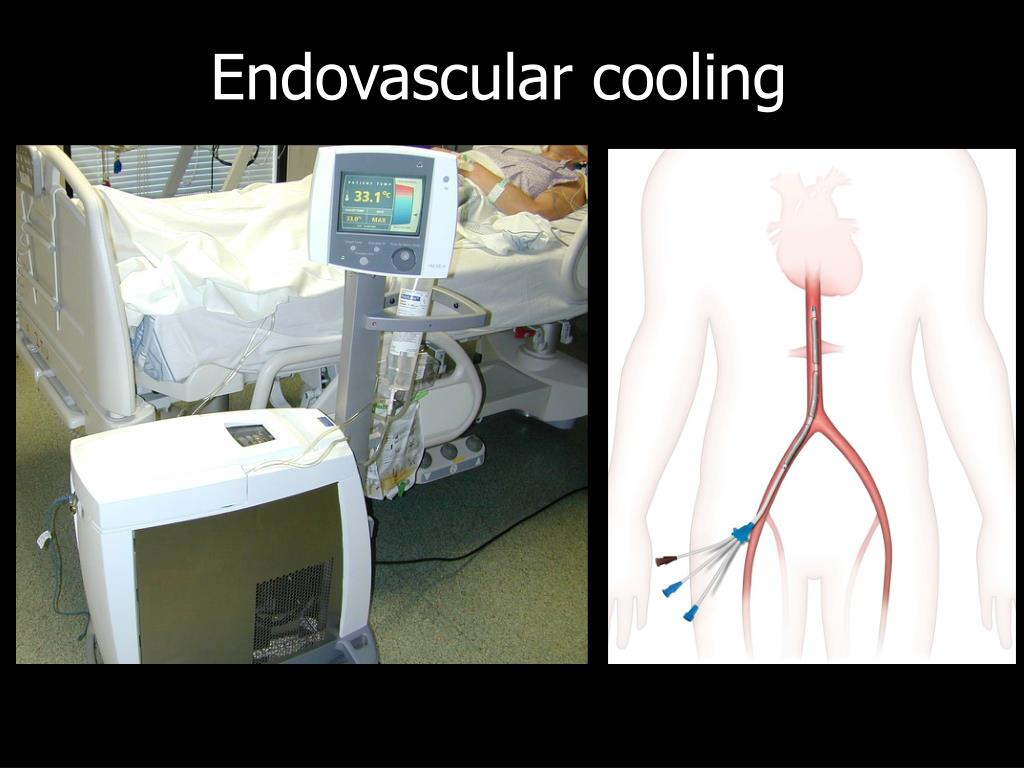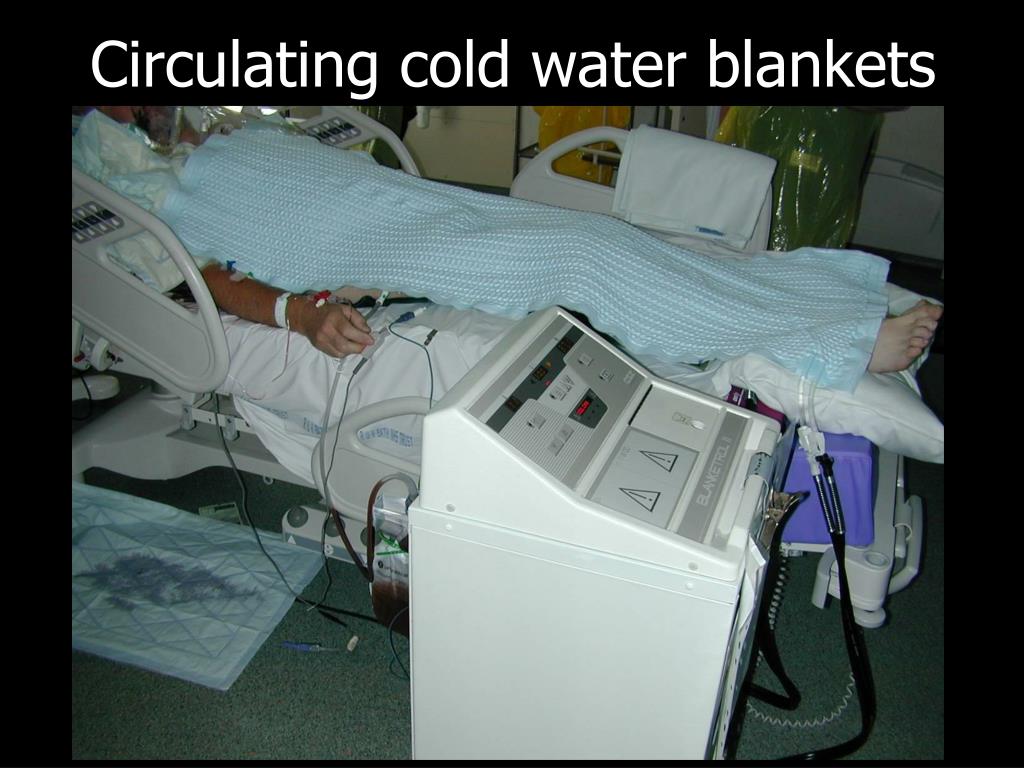Cooling Post Cardiac Arrest - Don cw, longstreth wt, maynard c. Current evidence suggests that conventional cooling methods to induce hypothermia (low body temperature) may reduce the risk of brain.
Don cw, longstreth wt, maynard c. Current evidence suggests that conventional cooling methods to induce hypothermia (low body temperature) may reduce the risk of brain.
Current evidence suggests that conventional cooling methods to induce hypothermia (low body temperature) may reduce the risk of brain. Don cw, longstreth wt, maynard c.
Temperature Management And Its Role In Cardiac Arrest Patients—a Review
Current evidence suggests that conventional cooling methods to induce hypothermia (low body temperature) may reduce the risk of brain. Don cw, longstreth wt, maynard c.
PPT What are you cooling for… PowerPoint Presentation, free download
Current evidence suggests that conventional cooling methods to induce hypothermia (low body temperature) may reduce the risk of brain. Don cw, longstreth wt, maynard c.
Cooling Strategy After Cardiac Arrest Dealt Another Blow MedPage Today
Current evidence suggests that conventional cooling methods to induce hypothermia (low body temperature) may reduce the risk of brain. Don cw, longstreth wt, maynard c.
PPT Post Cardiac Arrest Patient in the ICU PowerPoint Presentation
Don cw, longstreth wt, maynard c. Current evidence suggests that conventional cooling methods to induce hypothermia (low body temperature) may reduce the risk of brain.
Infographics
Don cw, longstreth wt, maynard c. Current evidence suggests that conventional cooling methods to induce hypothermia (low body temperature) may reduce the risk of brain.
PPT HYPOTHERMIA POST CARDIAC ARREST 2011 PowerPoint Presentation
Current evidence suggests that conventional cooling methods to induce hypothermia (low body temperature) may reduce the risk of brain. Don cw, longstreth wt, maynard c.
PPT Post Cardiac Arrest Patient in the ICU PowerPoint Presentation
Current evidence suggests that conventional cooling methods to induce hypothermia (low body temperature) may reduce the risk of brain. Don cw, longstreth wt, maynard c.
(PDF) Cooling Techniques for Targeted Temperature Management Post
Don cw, longstreth wt, maynard c. Current evidence suggests that conventional cooling methods to induce hypothermia (low body temperature) may reduce the risk of brain.
Paramedic Student Central ACLS
Don cw, longstreth wt, maynard c. Current evidence suggests that conventional cooling methods to induce hypothermia (low body temperature) may reduce the risk of brain.
Current Evidence Suggests That Conventional Cooling Methods To Induce Hypothermia (Low Body Temperature) May Reduce The Risk Of Brain.
Don cw, longstreth wt, maynard c.

